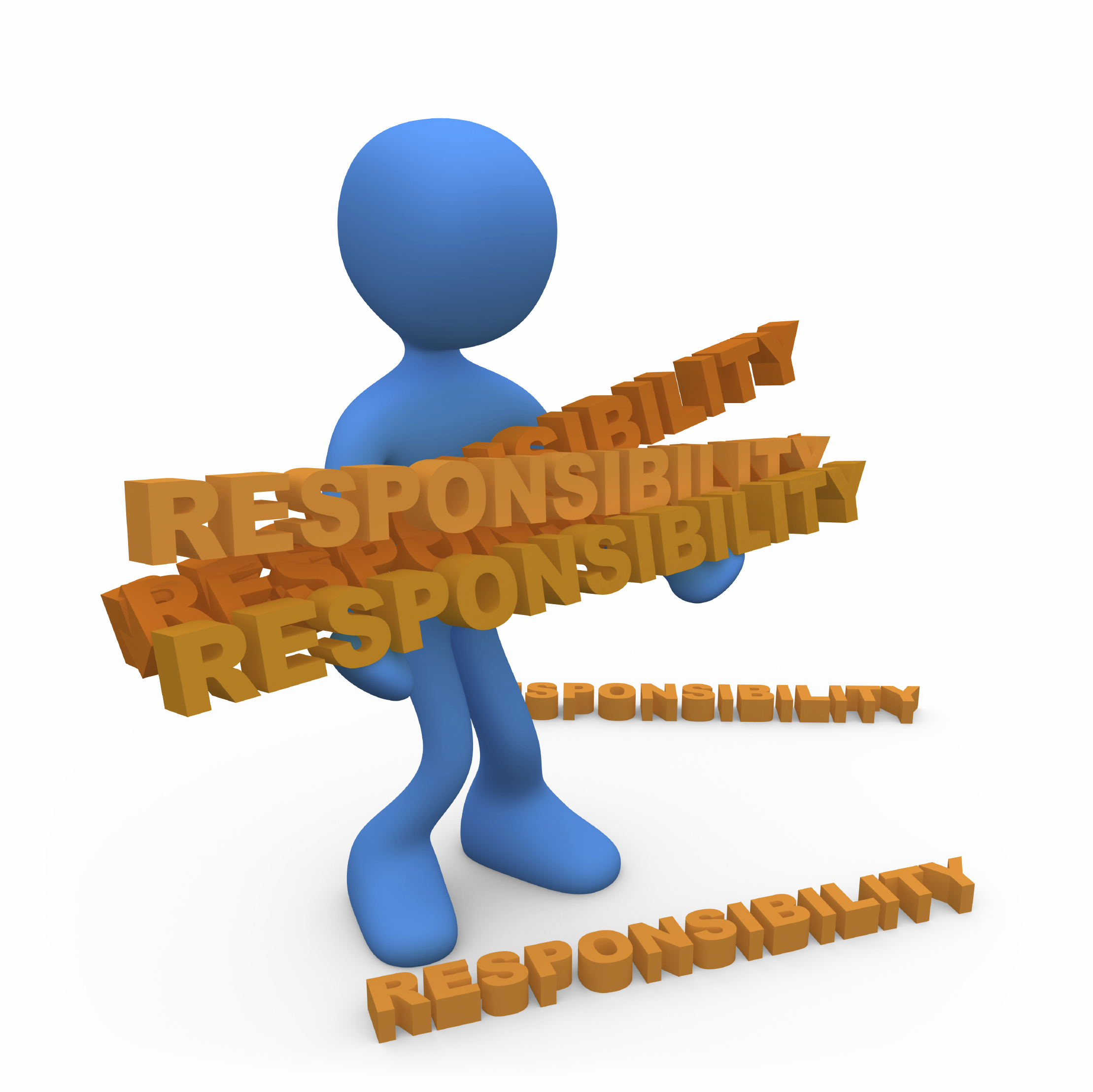Effects of Growing Up in a Dysfunctional Household
The affects of growing up in an alcoholic family are never outgrown. Growing up in an alcoholic or addicted family, can have a profound impact which may not be realized until years later. The feelings, personality traits, and relationship patterns that are developed as a child continue into adulthood and carry over to work, romantic relationships, parenting, and friendships.
These patterns, traits, and feelings vary and may show up as anxiety, depression, substance abuse, stress, anger, and relationship problems. Many adult children of alcoholics become very hard-working and goal driven and successful. Some may become codependent or struggle with alcohol or other addictions.
Some affects of growing up with an alcoholic family include:
- Being rigid and inflexible
- Difficulty trusting and being closed off
- Shame and loneliness
- Self-criticism
- Perfectionism
- People-Pleasing
- Being highly sensitive
- Being over responsible
- Anxiety
- Taking care of or rescuing others even when it hurts you
ACoA’s often have to take care of their parents and/or siblings. They may remember trying to get their parent to stop drinking, trying to control the drinking and fix the family’s problems. The ACoA may continue to spend a lot of time and energy taking care of other people and trying to solve their problems.
As a result, the ACoA neglects their own needs, gets into dysfunctional relationships, and allows others to take advantage of their kindness.
If you identify with some or all of these traits, first know you are not alone. These patterns can be overcome. I am here to support you. Email me today for a FREE 30-minute sample coaching session at coacht.lifecoach@gmail.com
 Effects of Over-Responsibility
Effects of Over-Responsibility
“Overly responsible people have over-scheduled lives. Responding to others’ demands and expectations, we pile one commitment on top of another, frantically rushing from one thing to the next, pushing our personal needs aside.”
An overwhelming sense of responsibility often stems from childhood environments where there is an absence of emotional awareness or where others in the family were under-responsible. It may also develop from an environment in which the child felt responsible for the needs and emotions of their parents, siblings, and other family members. Internalizing trauma, abuse, and other more severe instances of behavior, can certainly contribute as well.
A child’s feelings are very personal to them. A child’s feelings identify who they are at their deepest level. And so it is confusing for a child when a parent does not acknowledge or accept their feelings. The child has no choice but to cope and show no feelings. Instead, they push their feelings down and away so they will not bother anyone. They wall their feelings off. This environment instills certain emotional responses including guilt, shame, anxiety, hurt, betrayal, disappointment, loneliness, emptiness, and many others. The child generally develops self-blame, a false guilt, codependency, and a susceptibility to manipulation and dysfunction.
These responses develop into adulthood via our relationships with others and show up as:
- A lack of awareness of one’s own sense of self feelings and needs. This due to having feelings walled off as a child thus making it difficult to know or understand yourself and your feelings. The person doesn’t know themself as an adult.
- Outer focus on others. The person becomes an astute observer of other people and turns one’s attention from inside toward outside. Other people’s wants and needs become much easier to perceive than one’s own.
- Feeling invalid, inadequate or less-than. Having incomplete access to emotions causes vulnerability and creates a belief of being less important and worthwhile.
- Exceedingly self-contained and competent. A lack of faith in others and belief that people are not reliable develops into self-reliance and independence, while still feeling the need to help others.
As an adult, the combination of amazing problem-solving skills, lack of self-awareness, and a highly-focused awareness of others, literally sets the adult up to feel overly responsible for other people’s happiness, comfort, health, success or satisfaction. By not taking the time to consciously and critically examine these characteristics, it will only continue into adulthood thereby affecting their relationships.
A false sense of responsibility leads to false guilt, which then leads to self-blame. Internalizing these feelings, causes susceptibility to being manipulated and taken advantage of. Sacrificing one’s own well-being and self-interest to please and take care of others is self-erasure. Over time, these detrimental levels of over-responsible feelings can cause negative effects and can manifest in many forms including:
- Guilt
- Self criticism
- Anxiety
- Low self esteem
- Depression
While being responsible is honorable, being overly-responsible is depleting. However, this doesn’t have to continue forever. These patterns can be overcome by developing a more self-loving and self-caring relationship.
As always, the first step is to recognize it, and know you are not alone. I am here to support you. Email me today for a free 30-minute sample coaching session at coacht.lifecoach@gmail.com.
 Taking a Look at Our Beliefs
Taking a Look at Our Beliefs
I was thinking about beliefs, what are they? Where do they come from? Are they something we learn? Are they something we experience? Does our environment affect our beliefs? Don’t beliefs vary from culture to culture? Are beliefs something that can change? Do we accept our beliefs or look closely at how they are serving us? Is it possible to have different beliefs about the same thing? Can we be taught to believe?
What happens if we find out what we believe is in fact not true? Are beliefs truths or are they something we just “believe” because someone said we should. Could beliefs simply be our thoughts based on some assumption? Is it possible that our beliefs dictate our values? Or do our values dictate our beliefs? If we have limiting beliefs do we have limiting values? Do we believe we are valued? Do we value ourselves and believe in ourselves? Do we trust our beliefs and ourselves. Are beliefs a deep knowing inside, or what someone said?
Hence everything is a belief, including this statement. The tricky question now is “How do we know that something is always true?” Just because in our experience it has always been true, it doesn’t necessarily follow that it will continue to be true. It is important to understand that people’s beliefs are what they are assuming to be true. Therefore, we must challenge what we believe, why we believe it, and how our beliefs serve us.
Most people do not see their beliefs. Instead their beliefs tell them what they see. This is the simple difference between clarity and confusion.
~Matt Kahn
To be added to my email list and be informed of new articles or upcoming events, just send me an email at coacht.lifecoach@gmail.com
 What Does Meaning Mean?
What Does Meaning Mean?
What is the meaning of meaning? We can view meaning at two levels. First, it is a cognitive process in which we make sense of the stream of information coming to us in each moment. At a higher level, deep meaning is what we seek in life and look for answers to such spiritual questions such as ‘Why are we here?’
The stream of visual, auditory and other sensory data that assaults us is really just light and sound with no inherent meaning. Within our minds we must then make sense of what we experience. This is based on previous experiences, beliefs, values, mental models, goals, needs and so on.
When we see and hear communications from others or have various different experiences we infer their meaning from the combination of a range of different inference filters. Much of the time this is an automatic process and we pay little attention to it.
The meaning we create from our inference activities has a significant effect on how we feel and our emotional state. For example if a person not talking to us is interpreted as a snub then we may feel upset. However, if it is seen as them being distracted, we may just feel a little frustrated.
This is a circular system in that our current state affects how we infer meaning. Thus if we are feeling upset, all other activities by the person who has affronted us will be colored by this feeling. Even if they apologize, we might see this as patronizing or otherwise trying to hurt us further. The filters all stem from our deeper systems, including needs, goals, values, beliefs and mental models.
Life has no meaning. Each of us has meaning and we bring it to life. It is a waste to be asking the question when you are the answer.
~Joseph Campbell
If you found this helpful or would like more information, please do not wait, contact me today at coacht.lifecoach@gmail.com for a FREE 30-minute sample session.
 Trust Issues
Trust Issues
Adults who grew up in a dysfunctional household (such as alcoholic parents) often have many issues as a result of being in this environment. A couple of these issues are:
- We became isolated and afraid of people and authority figures, or
- We are frightened by angry people and personal criticism.
What this is really saying is that we become frightened and, thereby, distrustful. Trust in another person has several meanings:
- Trust means that you feel that the person is honest and will not lie, cheat or steal from you.
- It also means that you can count on the person to do as he or she promised and that the person is reliable.
- Finally, trust in a person means that you feel he or she can be counted on to do something important, will not shirk from duties, and will take personal pride in what he or she does.
It is not surprising these adults become distrustful. One way this shows up is by being very careful about making new friends, or letting people close. As children we were isolated and not taught social skills, or did not feel heard. We learned this was not safe. We believed it would be a lot of work, only to not be liked or abandoned later on. We learn to closely guard our energy, preferring to spend time in solitude or with animals. Then feeling criticized for taking responsibility for our own needs and desires, the feeling of victim-hood develops.
Because we are already filled with self-doubt, we consequently become focused on pleasing people, which only wears us down. We continue this into our adulthood, giving huge parts of ourselves trying to help others, tapping ourselves dry and feeling empty. We start running on fumes. Expecting returns for niceness, which are not forthcoming, we become resentful and bitter. We believe that if we play the game with enough skill and intensity, then we will be a winner. We begin trying to control situations and circumstances. That is another subject we will address at a later time. We become torn between caring for ourselves and caring for others.
The obligatory feeling of doing what is right or what needs to be done causes us to sacrifice our own needs and wants. We believe we should not burden others with our problem, we need to be competent and hard working, and helpful.
In order to stop this cycle, and before we can trust another, we must first trust ourselves. We must remember that it is not up to us to make everything right. We need to give freely, without expectation, or not at all, and always remember to be honest with ourselves. To help with this, when the compulsion to do something arises, turn the focus toward yourself. Ask yourself:
- Is this really what I need or want?
- Why?
- What do I need or want for myself both internally and externally, to make things right for me?
This helps tremendously.
If you found this helpful or would like more information, do not wait, contact me today at coacht.lifecoach@gmail.com for a FREE 30-minute sample session.
